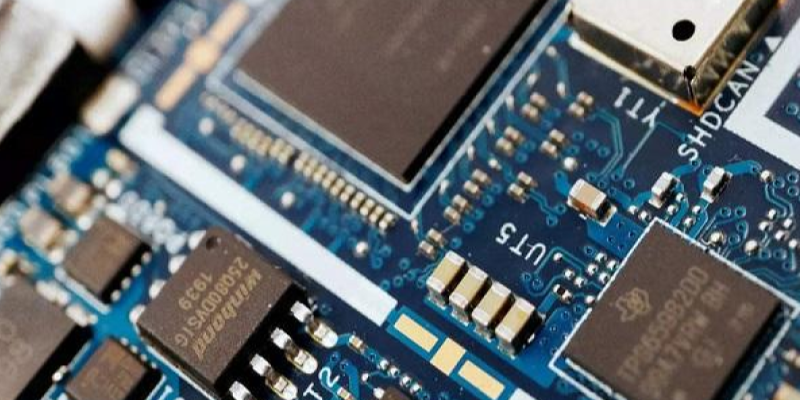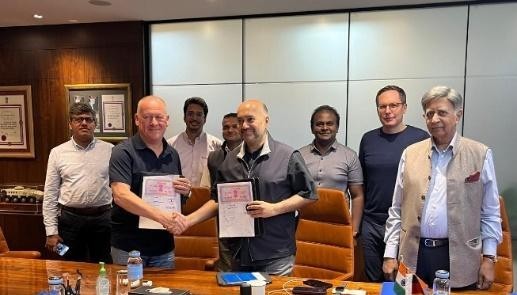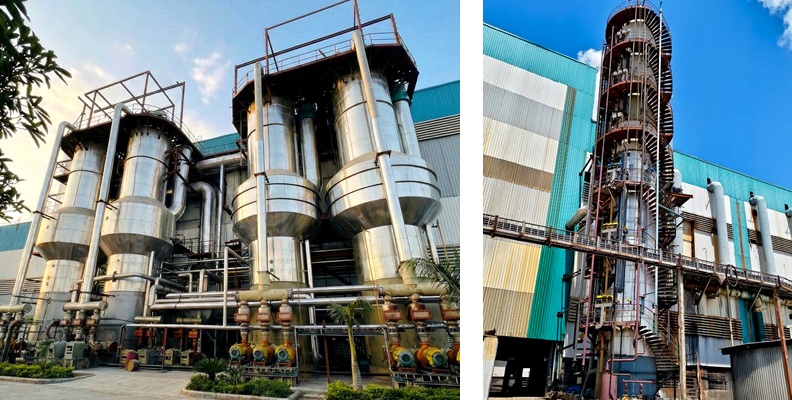Schedule a Call Back
Centre unveils $15 billion blueprint to establish India as a major chip hub
 Industry News
Industry News- Aug 31,24

In its ongoing efforts to establish India as a major player in the global semiconductor industry, the government has devised a $15 billion blueprint for the second phase of its semiconductor manufacturing incentive scheme. Following the near-exhaustion of the initial $10 billion in subsidies, this new plan aims to further attract global chip manufacturers to India by offering enhanced support for capital equipment, as well as essential raw materials like gases and chemicals for assembly and testing plants.
A senior government official, speaking on the condition of anonymity, confirmed that the updated scheme is designed to keep India competitive in the global race for chip manufacturing, especially as other countries also seek to lure these crucial facilities. “We have cleared four major chip proposals, including a fabrication plant, under the original $10 billion incentive scheme. With this new phase, we are aiming for a higher outlay of $15 billion to attract more such plants,” the official noted.
India's ambitions to become a chip hub akin to the United States, Taiwan, and South Korea have led to the approval of several high-profile projects. These include a $11 billion fabrication plant by Tata Electronics in collaboration with Taiwan's Powerchip, along with chip assembly plants by the Tatas, US-based Micron Technology, and Murugappa Group’s CG Power in partnership with Japan's Renesas. As part of the new blueprint, the government plans to reduce the capital expenditure subsidy for assembly and testing plants (ATMP/OSAT) from the current 50% to 30% for conventional packaging technologies, and to 40% for advanced packaging technologies.
This adjustment reflects a shift in focus towards more complex fabrication plants and advanced display technologies, as India aims to move beyond packaging and assembly operations, areas already dominated by countries like Malaysia. Despite the Centre's initial boost in subsidies for packaging and testing plants—raising them to 50% in September 2022 to support projects like Micron Technology’s assembly plant in Gujarat—there is now a sense within the administration that the focus should return to earlier levels of support. This is driven by concerns of overspending on packaging and assembly, with Micron’s plant alone set to receive nearly 70% of its $2.7 billion cost in subsidies from the central and Gujarat state governments. Furthermore, the government intends to exclude technology transfer costs from the new incentive scheme, requiring companies to cover these expenses independently when partnering with others for chip manufacturing technology. The new plan may also include incentives for the fabrication of micro-LED displays.
However, the rollout faces challenges. Micron Technology's ATMP plant in Gujarat is currently 133 days behind schedule due to difficulties in hiring sufficient construction staff. Additionally, Tata has requested an exemption from the requirement to demonstrate the capability to manufacture 28-nanometre chips to qualify for fiscal support—a request the government is still considering.
(IE)
Related Stories

Aimtron enters railway signalling with focus on safety-critical electronics
Aimtron Electronics has expanded into railway signalling electronics, leveraging its regulated manufacturing expertise to support safety-critical rail and metro infrastructure in India.
Read more
For the foreseeable future, multiple fuels will coexist and grow: Farrokh Cooper
In this conversation with Rakesh Rao, Farrokh Cooper, CMD, Cooper Corporation, shares his views on manufacturing, technology and the road ahead.
Read more
Positioning PVNA Group as a global clean mobility partner: Viveka Bhandari
The aim is to position the PVNA Group as a trusted global partner for advanced mechatronic and clean mobility solutions
Read moreRelated Products

Integrated Electric Gripper S Series
IBK Engineers Pvt Ltd offers a wide range of integrated electric gripper S series.

Geared Electric Motors
Delco Fans Pvt Ltd offers single phase capacitor run and three
phase geared Instrument motors, totally enclosed face/foot mounted.

“Kusam-Keco” Partial Discharge Acoustic Imager - Model - Km-pdai
‘Kusam-Meco’ has introduced a new “Partial Discharge Acoustic Imager Model KM-PDAI.














